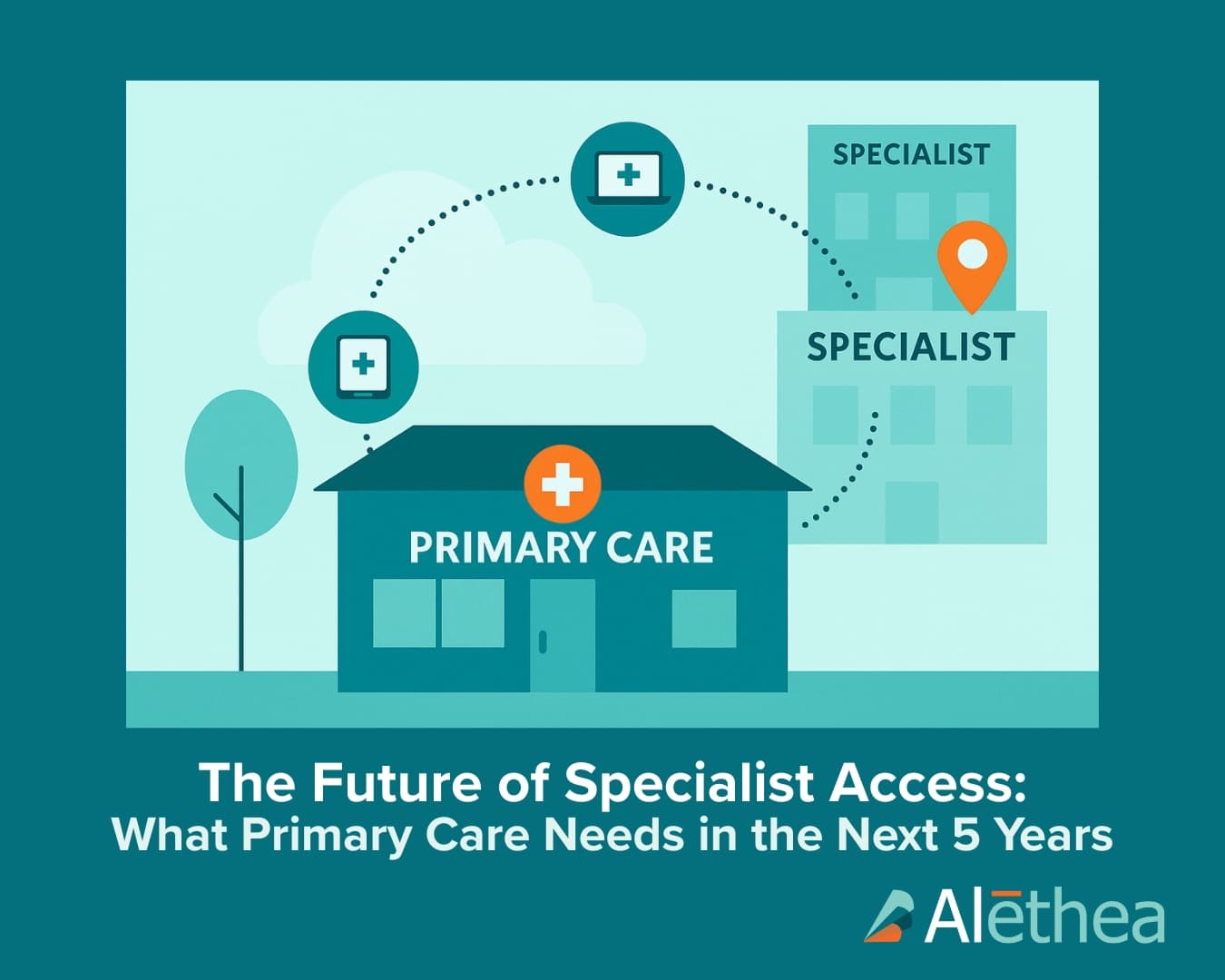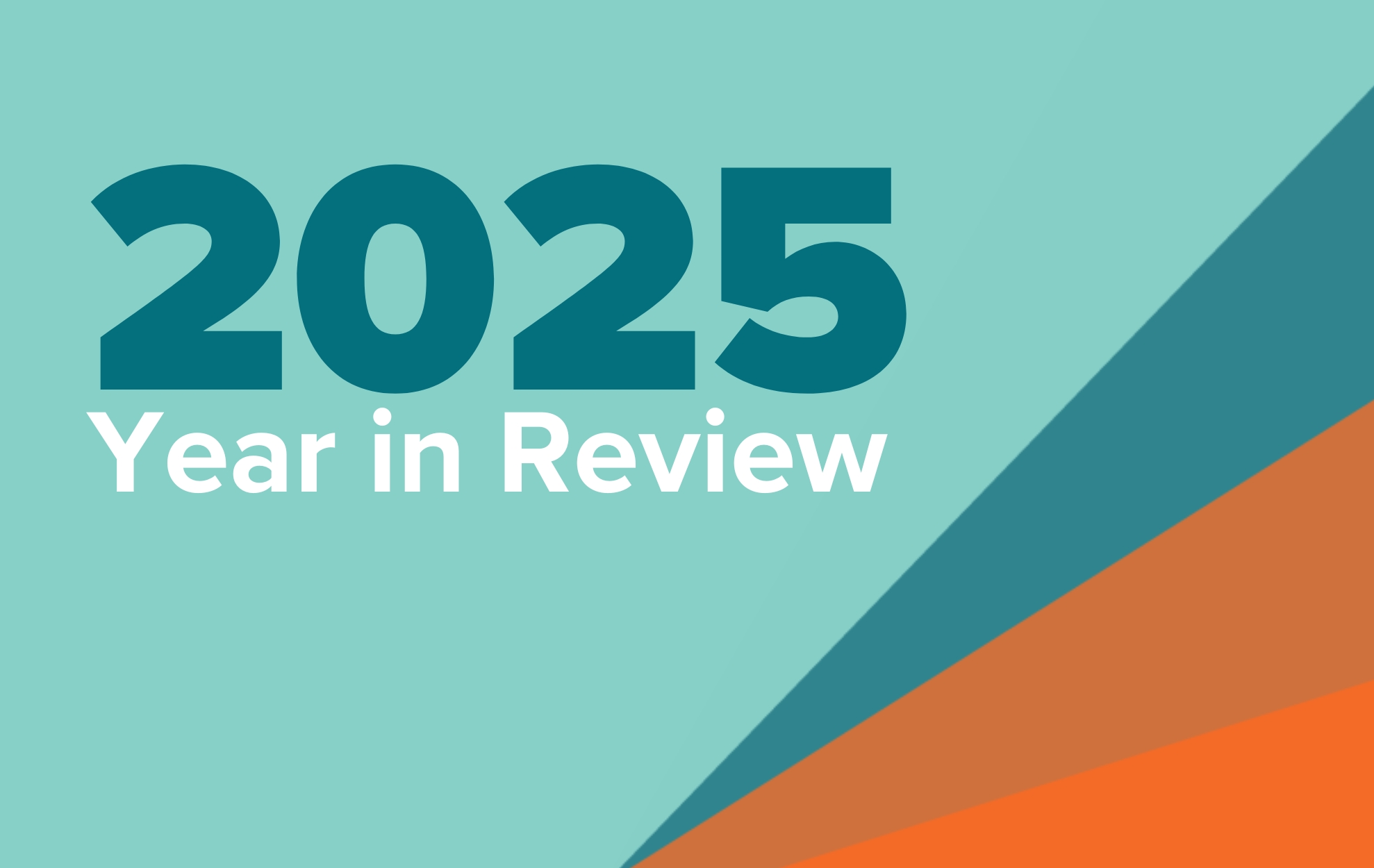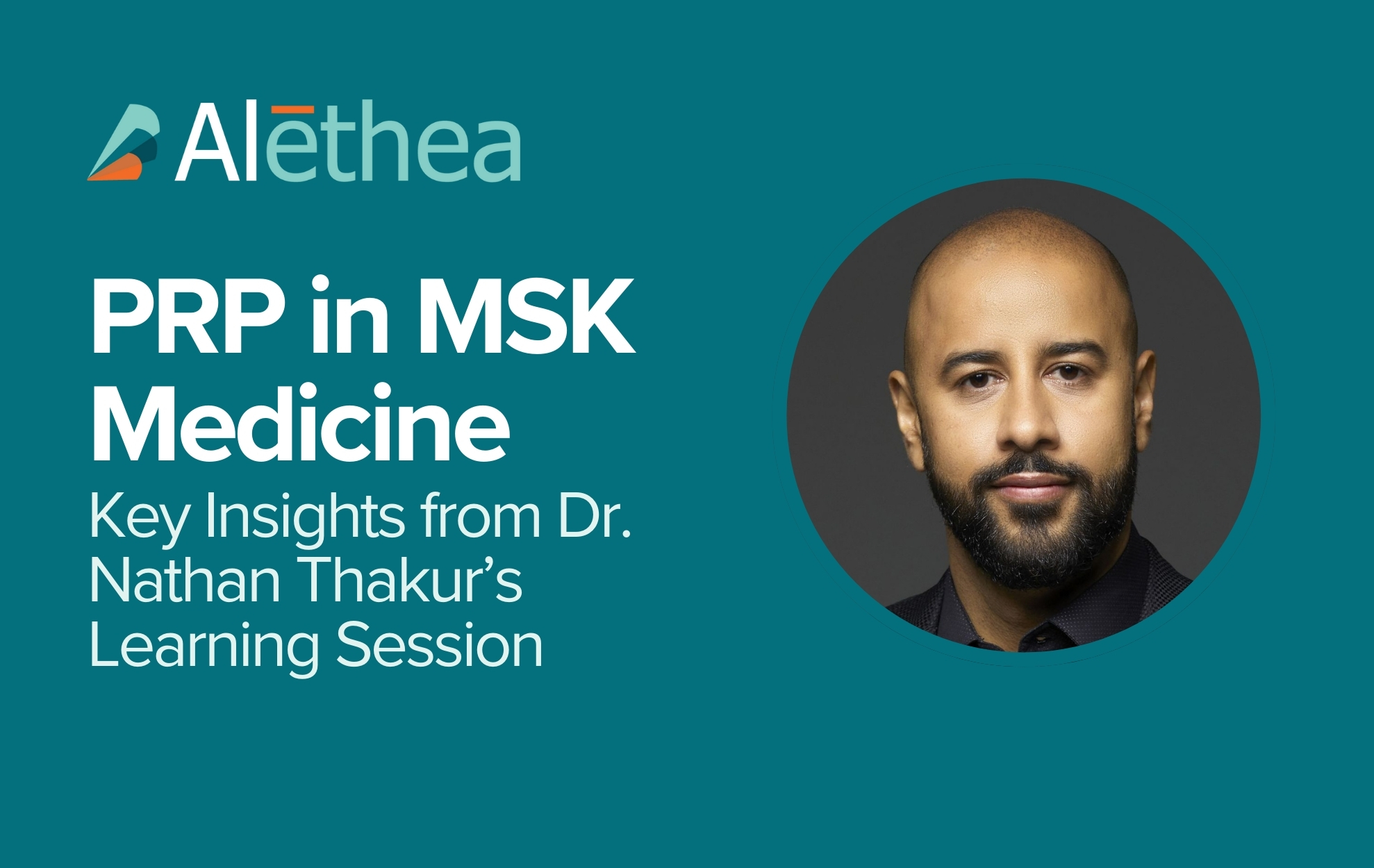How eConsults Support the Patient Medical Home Model

The Patient Medical Home (PMH) is emerging as the gold standard model for primary care delivery, offering comprehensive, patient-centered care that emphasizes accessibility, continuity, and coordination. Central to this model is seamless collaboration between primary care providers (PCPs) and specialists, ensuring timely, efficient, and equitable patient care (College of Family Physicians of Canada [CFPC], 2019). This blog explores how eConsult platforms, such as Alethea, naturally integrate into and enhance the PMH model.
Understanding the Patient Medical Home (PMH)
The PMH model, endorsed by the CFPC, outlines a vision of care where patients have consistent relationships with primary care providers supported by an interdisciplinary team. The model's pillars include patient-centeredness, timely access, comprehensive care, and coordination of specialist consultations (CFPC, 2019). Achieving these pillars requires tools that can seamlessly bridge the gap between primary care and specialty expertise.
The Challenge of Specialist Access in Traditional Models
Traditionally, access to specialist advice in Canada can involve lengthy wait times, fragmented communication, and complex referral processes. The median wait time for specialist consultations in Canada averages 27.4 weeks, significantly delaying patient care and potentially exacerbating conditions (Barua & Moir, 2022). Such delays can undermine the PMH's goal of delivering timely, continuous, and coordinated care.
This is precisely where eConsult platforms like Alethea make an impact.
Enhancing Timely and Coordinated Care with eConsults
eConsults offer a solution by providing PCPs timely and structured access to specialists. Platforms such as Alethea streamline communication, offering asynchronous consultations with responses typically within 24-48 hours, significantly shortening traditional specialist wait times (Liddy et al., 2021).
Alethea’s secure, digital platform allows PCPs to share relevant clinical information, images, and diagnostic results directly with specialists, integrating seamlessly with existing clinical workflows and EMRs. This aligns perfectly with the PMH principle of coordinated and integrated care, improving the continuity of care across provider networks.
Supporting Comprehensive and Continuous Care
One of the hallmarks of the PMH is providing comprehensive and continuous patient care. A systematic review on eConsult effectiveness demonstrated that PCPs who used eConsult platforms felt more confident managing complex conditions within primary care, reducing unnecessary specialist visits and enhancing comprehensive patient care (Vimalananda et al., 2015).
Alethea contributes to this comprehensive care by empowering PCPs through specialist-supported decision-making. PCPs receive specialist insights directly, enabling them to manage more conditions confidently, reducing unnecessary referrals and enhancing patient trust and satisfaction through more comprehensive and responsive care.
Improving Accessibility and Equity
Accessibility and equity are core principles of the PMH model, emphasizing equitable healthcare delivery regardless of geographic location or resource availability. Particularly in rural or remote communities, specialist access remains a challenge. Evidence suggests that eConsults effectively bridge these geographical barriers, improving equity in healthcare access and reducing disparities in specialist care availability (Liddy et al., 2021).
Alethea has notably impacted rural care delivery in Alberta and British Columbia by providing equal specialist access to rural providers, significantly improving health outcomes for remote patient populations. The platform's ease of use and rapid specialist feedback eliminate geographical and logistical barriers inherent in traditional specialist consultations.
Enhancing Provider Wellbeing and Efficiency
Primary care providers often face heavy workloads and administrative burdens associated with referrals, contributing significantly to burnout. The PMH aims to improve provider wellness and job satisfaction by reducing unnecessary administrative tasks.
Research indicates eConsult usage can significantly alleviate workload pressures by reducing unnecessary referrals and administrative complexity (Breton et al., 2023). Alethea simplifies the specialist consultation process, offering seamless EMR integration, automated documentation, and secure specialist communication. This not only supports patient care but also directly enhances provider efficiency and satisfaction.
Robust Privacy and Compliance
The PMH model emphasizes the importance of privacy, security, and compliance with regulatory frameworks. Alethea is designed specifically to adhere to stringent privacy standards, such as Alberta's Personal Information Protection Act (PIPA). All data shared through Alethea is encrypted, and strict consent procedures are maintained, ensuring patient privacy and compliance with provincial standards. Moreover, Alethea’s proactive approach to obtaining Health Canada approvals for medical devices and privacy impact assessments (PIAs) provides additional layers of reassurance to both providers and patients.
The Future of eConsults in the Patient Medical Home Model
As primary care continues to evolve, the integration of innovative digital platforms like Alethea will be pivotal in realizing the full potential of the PMH. PCPs and specialists who adopt eConsult solutions not only see improved care quality and patient outcomes but also enhanced professional satisfaction and reduced administrative burdens.
The future of healthcare relies on seamlessly integrated digital solutions, and Alethea represents an essential step toward achieving these goals within the Patient Medical Home model.
Interested in Learning More?
Ready to see firsthand how Alethea can elevate your practice within the Patient Medical Home model? Sign up for free or book a demo today to discover how simple, secure, and effective specialist collaboration can be.
References
- Barua, B., & Moir, M. (2022). Waiting Your Turn: Wait Times for Health Care in Canada. Fraser Institute. Retrieved from https://www.fraserinstitute.org/studies/waiting-your-turn-wait-times-for-health-care-in-canada-2022
- Breton, M., Smithman, M. A., Kreindler, S. A., et al. (2023). How the design and implementation of centralized waiting lists influence access to and equity in healthcare: A realist review protocol. Implementation Science Communications, 4(1), 23. https://doi.org/10.1186/s43058-023-00455-9
- College of Family Physicians of Canada (CFPC). (2019). A new vision for Canada: Family Practice — The Patient’s Medical Home. Retrieved from https://patientsmedicalhome.ca
- Liddy, C., Moroz, I., Affleck, E., Boulay, E., & Keely, E. (2021). eConsults: A viable solution to meet the healthcare needs of Canadians in rural and remote communities. Canadian Journal of Rural Medicine, 26(1), 24–28. https://doi.org/10.4103/cjrm.cjrm_9_20
- Vimalananda, V. G., Gupte, G., Seraj, S. M., Orlander, J., Berlowitz, D., Fincke, B. G., & Simon, S. R. (2015). Electronic consultations (e-consults) to improve access to specialty care: A systematic review and narrative synthesis. Journal of Telemedicine and Telecare, 21(6), 323–330. https://doi.org/10.1177/1357633X15582108







